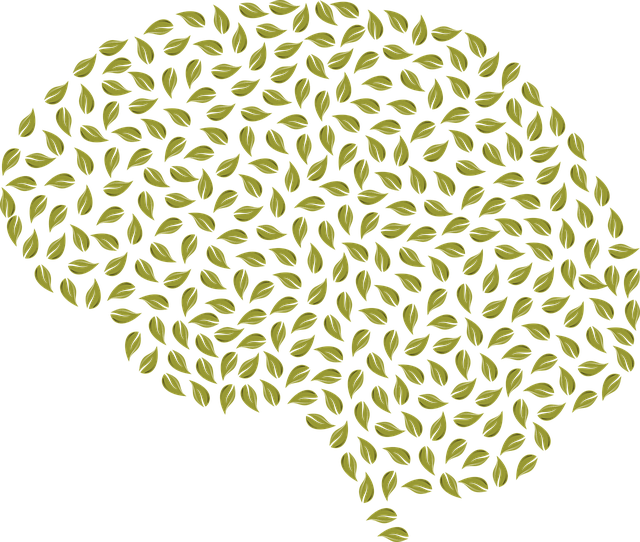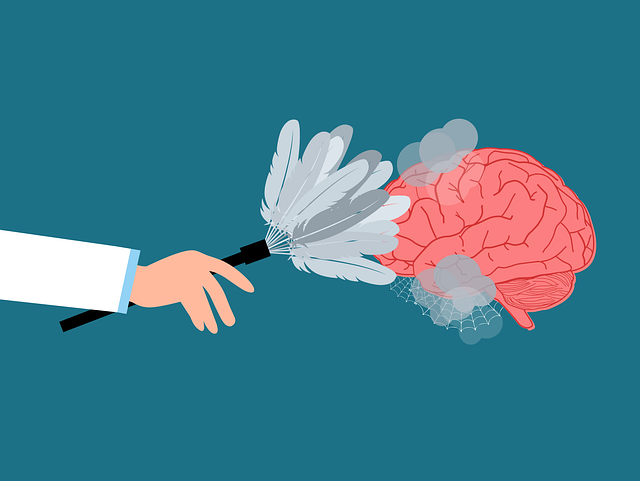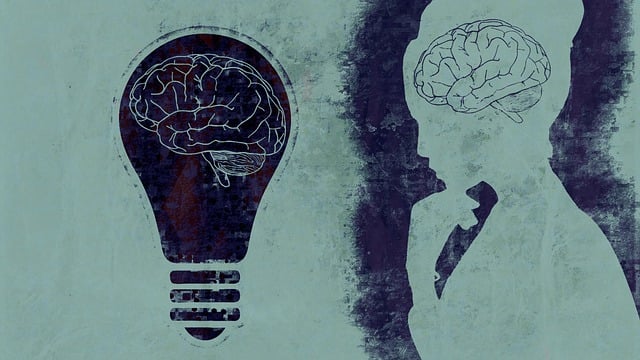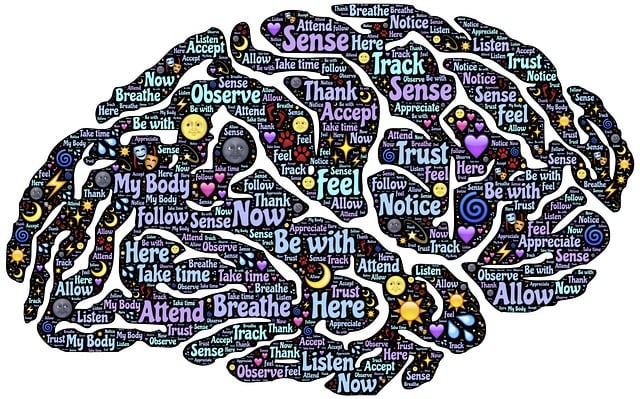Mindfulness meditation, as advocated by Northglenn Bipolar Disorder Therapy, is an ancient practice proven effective for bipolar disorder management. Through focusing on the present and cultivating awareness, individuals gain emotional healing tools like self-awareness and acceptance. Regular sessions, incorporating compassion cultivation, strengthen emotional resilience and aid in proactively managing mood fluctuations. Creating a dedicated mindfulness space at home and setting aside 10-15 minutes daily enhances practice effectiveness. This holistic approach stabilizes mental health, reduces stress, and promotes better emotional regulation, recognized as crucial for managing bipolar disorder and other mental health concerns.
Discover the transformative power of mindfulness meditation for managing bipolar disorder with this comprehensive guide. Learn how this ancient practice can stabilize your mood and enhance your well-being in Northglenn Bipolar Disorder Therapy. We’ll walk you through understanding mindfulness, setting up a home practice, and seamlessly integrating it into your daily routine. Embrace a calmer, more balanced life through the simple yet profound art of mindfulness meditation.
- Understanding Mindfulness Meditation for Bipolar Disorder Management
- Setting Up Your Mindfulness Practice at Home
- Incorporating Mindfulness into Daily Life for Stabilization
Understanding Mindfulness Meditation for Bipolar Disorder Management

Mindfulness meditation has emerged as a powerful tool for managing bipolar disorder, offering individuals from Northglenn Bipolar Disorder Therapy a unique approach to emotional healing processes. By focusing on the present moment and cultivating awareness, this ancient practice helps in regulating moods and reducing the intensity of symptoms. Studies have shown that mindfulness meditation practices, such as compassion cultivation, can significantly improve overall well-being and quality of life for those dealing with bipolar disorder.
Through regular sessions, individuals learn to observe their thoughts and emotions without judgment, fostering a deeper sense of self-awareness and acceptance. This proactive approach to mental health empowers patients to navigate through the ups and downs of the disorder, promoting more stable moods and enhancing their ability to manage stress. Incorporating compassion cultivation practices into mindfulness meditation further strengthens the emotional resilience required for bipolar disorder management.
Setting Up Your Mindfulness Practice at Home

Creating a dedicated space for your mindfulness practice at home can significantly enhance its effectiveness. Start by designating a quiet area where you won’t be disturbed. This could be a corner in your bedroom, a small sitting room, or even a comfortable chair in your garden. Ensure it’s a place where you feel calm and at ease. Consider adding some elements that promote relaxation; perhaps a soft rug, pillows, or a few plants to create a soothing atmosphere. Many find that having a specific spot for their practice helps to signal to their mind and body that it’s time to focus and be present.
Incorporating mindfulness into your daily routine is key. Choose a time of day when you can consistently set aside 10-15 minutes for meditation. Consistency is crucial for developing coping skills and emotional regulation, especially for those managing bipolar disorder. Begin with simple breathing exercises or guided meditations to help center yourself. Over time, as you become more comfortable, explore various mindfulness techniques, including body scans, loving-kindness practices, and mindfulness of thoughts. Remember, the goal is not to block out your thoughts but to observe them without judgment. With regular practice, you’ll find yourself becoming more attuned to your emotions, better equipped to manage stress, and capable of navigating conflicts with enhanced clarity and calmness, all valuable tools in Northglenn bipolar disorder therapy.
Incorporating Mindfulness into Daily Life for Stabilization

Incorporating mindfulness into your daily routine can be a powerful tool for stabilizing mental health, especially for those navigating conditions like bipolar disorder. Northglenn Bipolar Disorder Therapy often emphasizes the importance of integrating self-care practices that promote emotional well-being. Mindfulness meditation offers a simple yet effective strategy to achieve this. By dedicating just a few minutes each day to mindful breathing and awareness, individuals can cultivate a greater sense of present-moment calm and clarity. This practice encourages people to observe their thoughts and emotions without judgment, fostering better emotional regulation.
Regular mindfulness practices contribute to stress reduction methods that are beneficial for overall mental stabilization. It helps individuals develop a deeper connection with their inner selves, allowing them to respond to stressful situations more calmly. Moreover, mindfulness can support self-esteem improvement by cultivating a non-critical mindset, encouraging acceptance of oneself and one’s experiences. This holistic approach to well-being is increasingly recognized as an essential tool in managing mental health concerns.
Mindfulness meditation, as discussed in this guide, offers a powerful tool for managing bipolar disorder symptoms. By incorporating practices learned from setting up your home environment and integrating mindfulness into daily life, individuals in Northglenn seeking bipolar disorder therapy can experience greater stabilization and improved overall well-being. Remember, consistency is key; the benefits of mindfulness accrue over time with regular practice.














